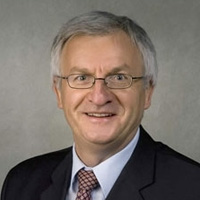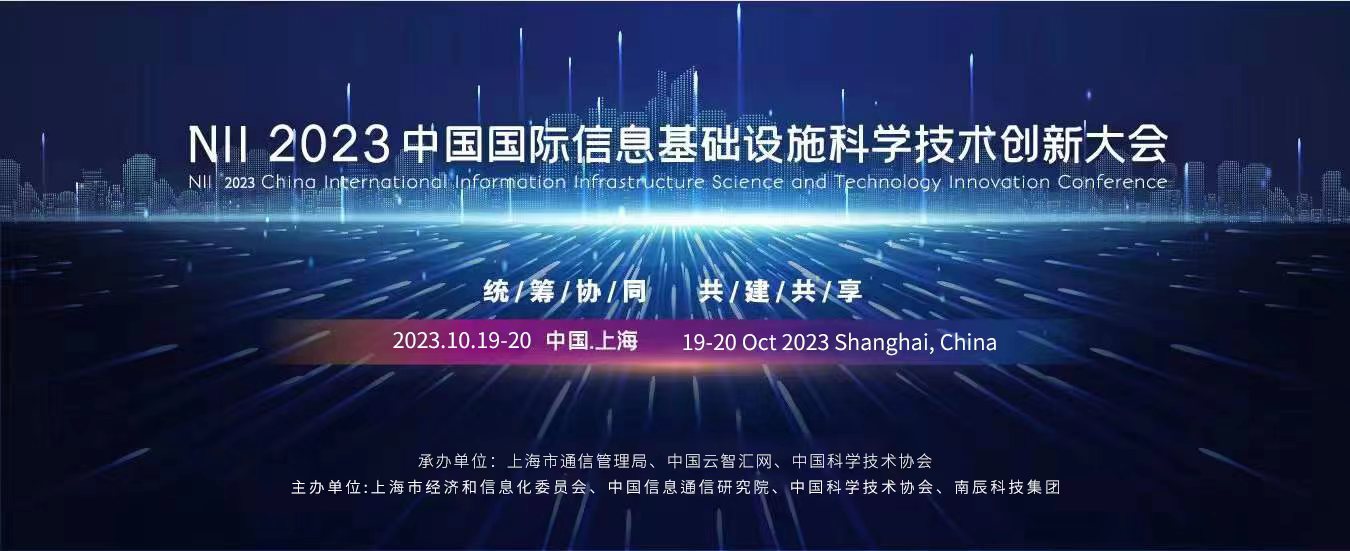2023年计算语言学和自然语言处理国际会议(CLNLP 2023)
重要信息
会议网址:www.clnlp.org
会议时间:2023年8月18-20日
召开地点:中国南京
截稿时间:2023年6月31日
录用通知:投稿后2周内
收录检索:EI,Scopus
Committee
International Advisory Committee | ||||
|  | |||
Andrew Kusiak The University of Iowa, USA | Massimo Villari Universita' di Messina, Italy | |||
Conference Chairs | ||||
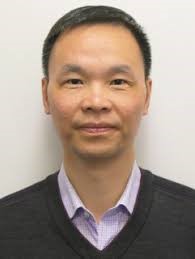 |  | |||
Huiyu Zhou University of Leicester, UK | Yi Guan Harbin Institute of Technology, China | |||
Conference Co-Chair | ||||
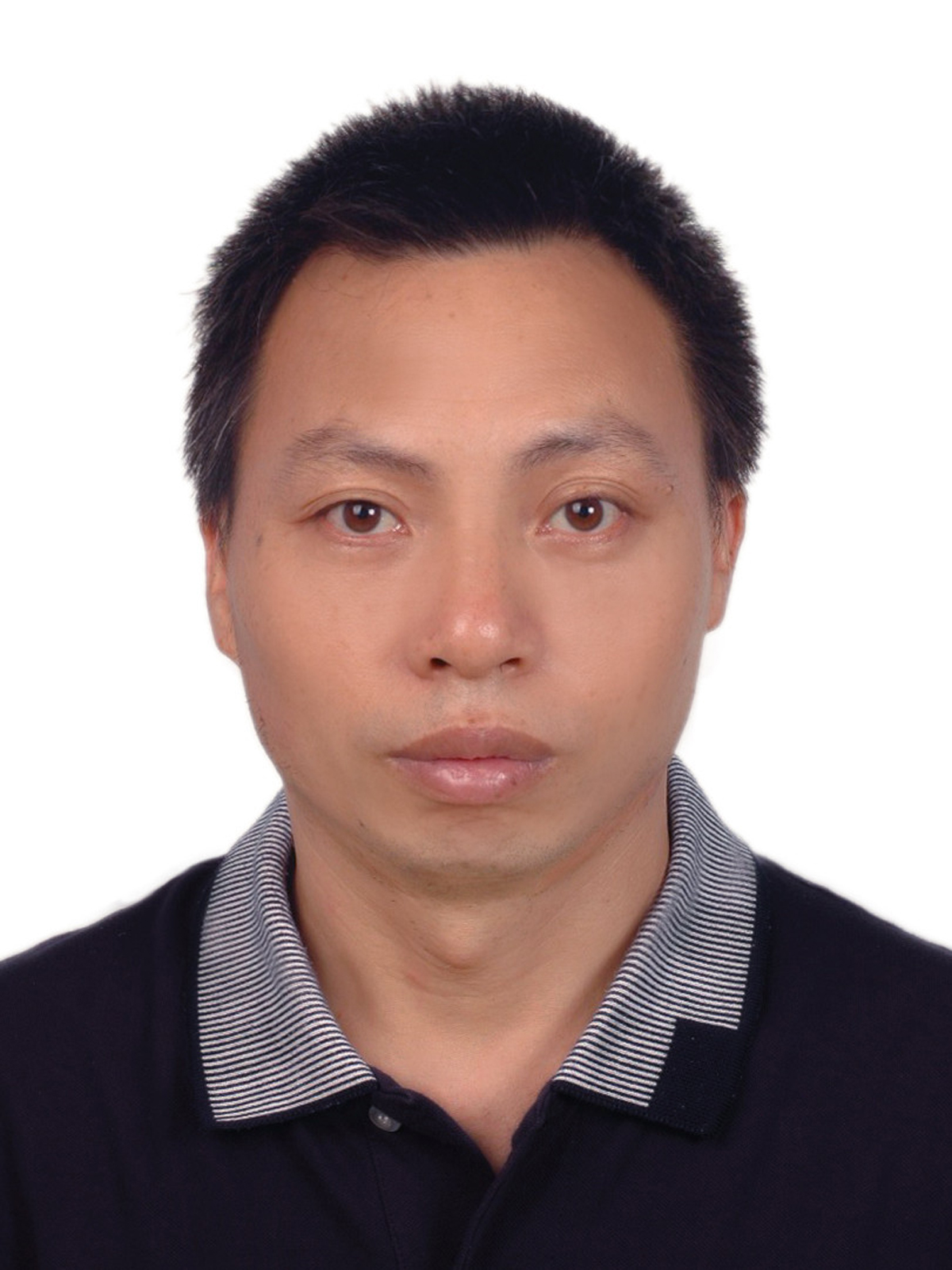 | ||||
Degen Huang Dalian University of Technology, China | ||||
Program Chairs | ||||
 | 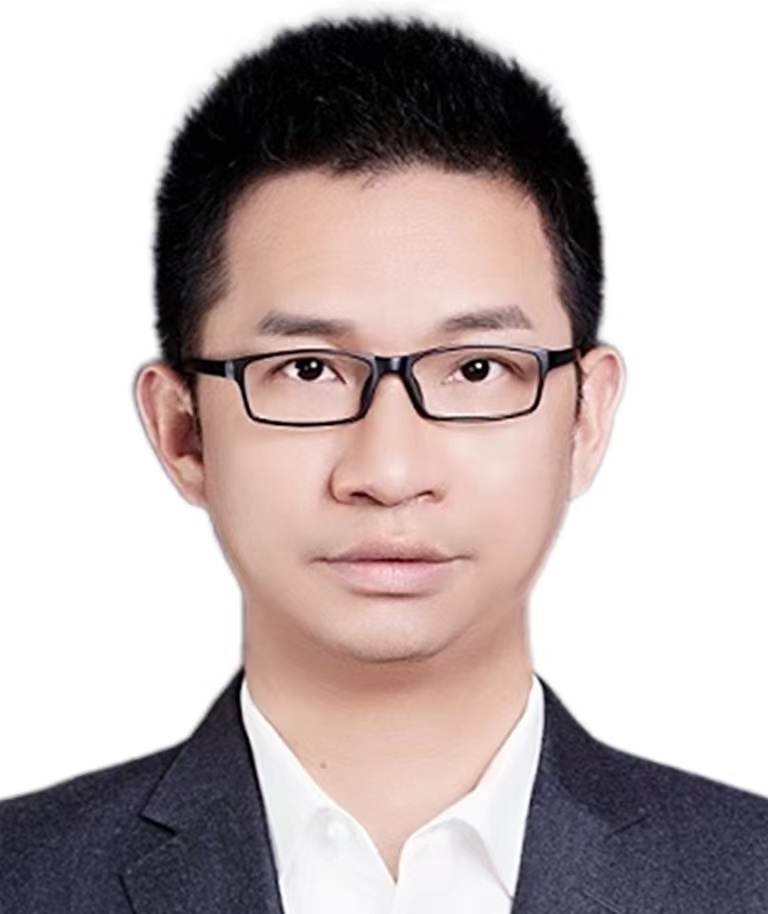 | 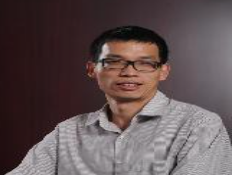 | ||
Peter Z. Revesz University of Nebraska-Lincoln, USA | Huaping Zhang Beijing Institute of Technology, China | Buzhou Tang Harbin Institute of Technology, China | ||
keynote Speaker 2023
Keynote Speaker Ⅰ

Prof. Haofen Wang
Tongji University, China
Co-founders of OpenKG
A short introduction to Prof. Haofen Wang:
Haofen Wang is a professor at College of Design & Innovation, Tongji University. Prior to that, he served as CTOs for two well-known AI startups (i.e., Leyan and Gowild). He is also one of the co-founders of OpenKG, the world-largest Chinese open knowledge graph community. He has taken charge of several national AI projects and published more than 100 related papers on top-tier conferences and journals. He developed the first interactive emotional virtual idol in the world. The intelligent assistant he built has answered questions from more than one billion users when they did online shopping. He has also served as deputy directors or chairs for several NGOs like CCF, CIPS and SCS.
Speech Title: Towards Intelligent System Driven by Knowledge Graph Enhanced Large Language Model
Abstract: With the rise of large language models (LLMs) led by ChatGPT, their powerful understanding ability, incredible generation and even multi-turn dialogue capabilities have attracted attention in the field of AI, especially in natural language processing (NLP) and knowledge graph (KG). The general intelligence of LLMs for tasks will inevitably replace previous work that focused on specific data or tasks, while more challenging tasks will emerge. In this report, we will focus on the LLM era, discussing whether knowledge graphs are necessary, what kind of knowledge graphs are needed, how to use LLMs to build and manage better knowledge graphs, how to build better knowledge graph fusion with LLMs, and the collaborative and fusion paradigms of the two. We will explore the opportunities, challenges, and solutions for knowledge graph research and development in the LLM era, and refine theoretical innovations and new research and development paradigms.
Keynote Speaker Ⅱ
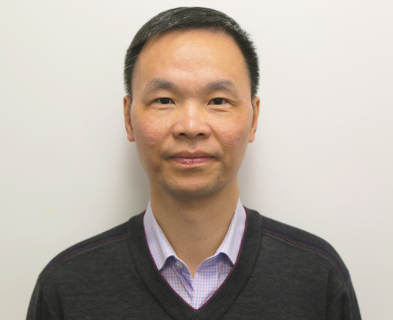
Prof. Huiyu Zhou
University of Leicester, UK
A short introduction to Prof. Huiyu Zhou:
Dr. Huiyu Zhou received a Bachelor of Engineering degree in Radio Technology from Huazhong University of Science and Technology of China, and a Master of Science degree in Biomedical Engineering from University of Dundee of United Kingdom, respectively. He was awarded a Doctor of Philosophy degree in Computer Vision from Heriot-Watt University, Edinburgh, United Kingdom. Dr. Zhou currently is a full Professor at School of Computing and Mathematical Sciences, University of Leicester, United Kingdom. He has published over 380 peer-reviewed papers in the field. He was the recipient of "CVIU 2012 Most Cited Paper Award", “MIUA 2020 Best Paper Award”, “ICPRAM 2016 Best Paper Award” and was nominated for “ICPRAM 2017 Best Student Paper Award” and "MBEC 2006 Nightingale Prize". His research work has been or is being supported by UK EPSRC, ESRC, AHRC, MRC, EU, Royal Society, Leverhulme Trust, Invest NI, Puffin Trust, Alzheimer’s Research UK, Invest NI and industry. Homepage: https://www2.le.ac.uk/departments/informatics/people/huiyu-zhou.
Speech Title: Learning and modelling in image analysis
Abstract: There are many questions to answer in image interpretation and understanding. Uncertainty in image analysis needs strong and powerful modelling tools to describe the objects in the images. Artificial intelligence (AI) plays a very important role in the design of a robust tool for image representation. Using some examples from his own work on uncertainty analysis, Prof. Zhou will explore how AI can stimulate new concepts or development of dealing with complicated problems and lead us to novel adventures through these applications.
Keynote Speaker Ⅲ

Prof. Yulan He
Kings College London, UK
A short introduction to Prof. Yulan He:
Yulan He is a Professor at the Department of Informatics in King’s College London. She is currently holding a prestigious 5-year UKRI Turing AI Fellowship. Yulan’s research interests lie in the integration of machine learning and natural language processing for text analytics. She has published over 200 papers on topics including natural language understanding, sentiment analysis, topic and event extraction, question-answering, fake news detection, biomedical text mining, and social media analytics. She has received several prizes and awards, including a SWSA Ten-Year Award, a CIKM 2020 Test-of-Time Award, and AI 2020 Most Influential Scholar Honourable Mention. She has served as the General Chair for AACL-IJCNLP 2022 and a Program Co-Chair for EMNLP 2020. Yulan obtained her PhD degree in Spoken Language Understanding from the University of Cambridge.
Speech Title: Interpretable Language Understanding
Abstract: Large-scale Language Models (LLMs) such as ChatGPT, GPT-4 and LLaMA, have exhibited significant progress in natural language understanding. However, their opaque nature makes comprehending their inner workings and decision-making processes challenging for humans. In this talk, I will share the research undertaken in my group to address the interpretability concerns surrounding neural models in language understanding. This includes a hierarchical interpretable text classifier going beyond word-level interpretations, uncertainty interpretation of text classifiers built on LLMs, and explainable recommender systems by harnessing information across diverse modalities. I will conclude my talk by offering insights into potential future developments in interpretable language understanding.
更多主旨报告人正在邀请中。。。。
会议简介
★2023年计算语言学和自然语言处理国际会议(CLNLP 2023)---Ei Compendex&Scopus-Call for papers
|2023年8月18-20日,中国南京|网址: www.clnlp.org
★CLNLP 2023将围绕“计算语言学和自然语言处理”的研究领域而展开,来自世界各地的主要研究人员和行业专家将通过论文和口头报告介绍研究成果。会议的这三天里,您将有机会聆听到前沿的学术报告,见证该领域的成果与进步。
关于出版和索引
所有注册并发表的文章将会收录到会议论文集中,并提交 EI Compendex, Scopus, Thomson Reuters (WoS), Inspec检索,优秀论文将在International Journal of Computer Graphics & Animation (IJCGA)国际期刊上发表。
征稿主题/会议征稿
| 认知和心理语言学 不确定性和上下文依赖的计算模型 计算形态学 语言的计算神经科学 计算音韵学 计算语用学 计算语义学 形式方法的集成 跨学科方法 信息检索 信息抽取和文本挖掘 | 自然语言的计算语义学 计算语法-语义接口 语言处理中的数据科学 图解方法 对话和互动系统 话语和语用 话语处理 文件分析 产生 图形方法 语言模型和处理中关于空间和时间的信息 信息提取和数据库链接 |
更多征稿主题请访问: http://www.clnlp.org/cfp.html
参会方式
1.作者参会:一篇会议录用文章允许一名作者参会;
2.主讲嘉宾:申请主题演讲,由会务组审核;
3.口头演讲:申请口头报告,时间为15分钟;
4.海报参会:申请海报参会,根据官网模板准备海报,再录制5分钟视频;
5.听众参会:不投稿仅参会,可参与问答,也可演讲及展示。
投稿方式
CMT在线投稿:https://cmt3.research.microsoft.com/CLNLP2023
请作者按照官网模板格式进行排版。排版好的论文全文(word+pdf版)发送至CMT在线系统。
提交摘要:即只参会做报告,不出版文章;
提交全文:即做参会做报告,并且出版文章;
听众:则不需要提交稿件,注册成功的听众可以参加会议的所有分会;
投稿要求:
1. 大会官方语言为英语,必须为全英文稿件,且应具有学术或实用价值,未在国内外学术期刊或会议发表过;
2. 保证文章原创性,未在国内外公开刊物或其它学术会议上发表过。
3. 文章篇幅一般在5-12页之间,不少于5页,含公式图表等,超过5页将收取超页费;
4. 作者可通过Turnitin或其他查询系统自费查重,重复率不得超过20%,由文章重复率引起的被拒稿将由作者自行承担责任;
5.文章录用:若您的文章被录用,我们将以邮件形式通知您,您将收到以下文件:录用通知、审稿意见表、中文注册表。
联系我们
会议秘书:王女士
会议官网:www.clnlp.org
会议邮箱: mail@clnlp.org
微信ID:19136117862
QQ咨询:2011307354
了解更多会议详情扫描下方二维码,关注我们:
HKSRA微信公众号 官方微信号
-
2020年第6届国际酶学会议(ICE 2020)
2020年03月27日 西安
-
2020年第5届国际信号,图像和视频处理进展会议(SIGNAL 2020)
2020年05月24日 威尼斯
-
2020年第5届国际信号和图像处理会议(ICSIP )
2020年07月03日 南京
-
N I I 2023中国国际信息基础设施科学技术创新大会
2023年10月19日 上海


